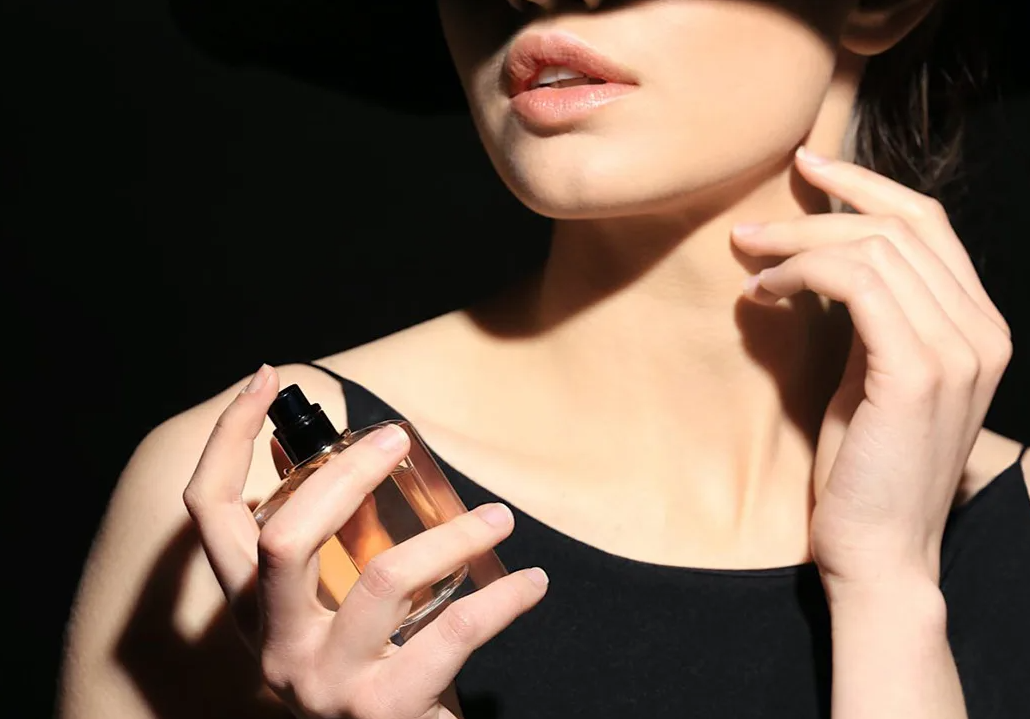
Perfume, with its intoxicating allure, has been enchanting humanity for centuries. From ancient civilizations to modern-day luxury brands, the history of perfume is a fascinating tale of artistry, innovation, and cultural significance. Join us on a fragrant journey across time as we explore the evolution of perfume through the ages.
Ancient Origins: The Birth of Fragrance
The story of perfume begins in ancient civilizations such as Egypt, Mesopotamia, and Indus Valley, where aromatic substances were used for religious rituals, medicinal purposes, and personal adornment. Essential oils extracted from plants, flowers, and herbs were blended to create fragrant oils, ointments, and incense.
The Perfumed Courts of Antiquity
In ancient Greece and Rome, perfume took on a new level of sophistication, becoming a symbol of wealth, status, and refinement. Perfumed oils and balms were prized possessions, often reserved for royalty, nobility, and high-ranking officials. Perfume played a central role in social gatherings, religious ceremonies, and daily grooming rituals.
The Fragrant Renaissance
During the Renaissance period, perfume experienced a resurgence in Europe, thanks to trade routes that brought exotic spices, herbs, and botanicals from distant lands. Perfumers in Italy and France began to refine the art of fragrance-making, experimenting with new techniques and ingredients to create complex, multi-layered scents.
The Birth of Modern Perfumery
The 19th century marked the dawn of modern perfumery, with the emergence of iconic fragrance houses such as Guerlain, Chanel, and Houbigant. Advances in chemistry led to the synthesis of new aromatic compounds, expanding the perfumer’s palette and allowing for greater creativity and innovation in scent creation.
The Golden Age of Perfume
The 20th century witnessed the golden age of perfume, with the introduction of iconic fragrances that have stood the test of time. From Chanel No. 5 to Shalimar, these timeless classics continue to captivate and inspire generations of perfume lovers with their exquisite blend of notes and unparalleled elegance.
Perfume in the Digital Age
In the 21st century, perfume continues to evolve, reflecting changing tastes, trends, and technologies. Perfume houses embrace social media and digital marketing to reach a wider audience, while niche brands cater to the growing demand for unique, artisanal scents. With the rise of sustainable and ethical practices, eco-conscious consumers seek out fragrances made from natural and organic ingredients.
Conclusion: A Fragrant Legacy
From its humble beginnings in ancient civilizations to its status as a multi-billion dollar industry today, perfume has left an indelible mark on human history and culture. As we journey through time, we are reminded of the power of scent to evoke memories, stir emotions, and transport us to distant lands. Whether classic or contemporary, perfume continues to enchant and inspire, leaving behind a fragrant legacy that will endure for centuries to come.


